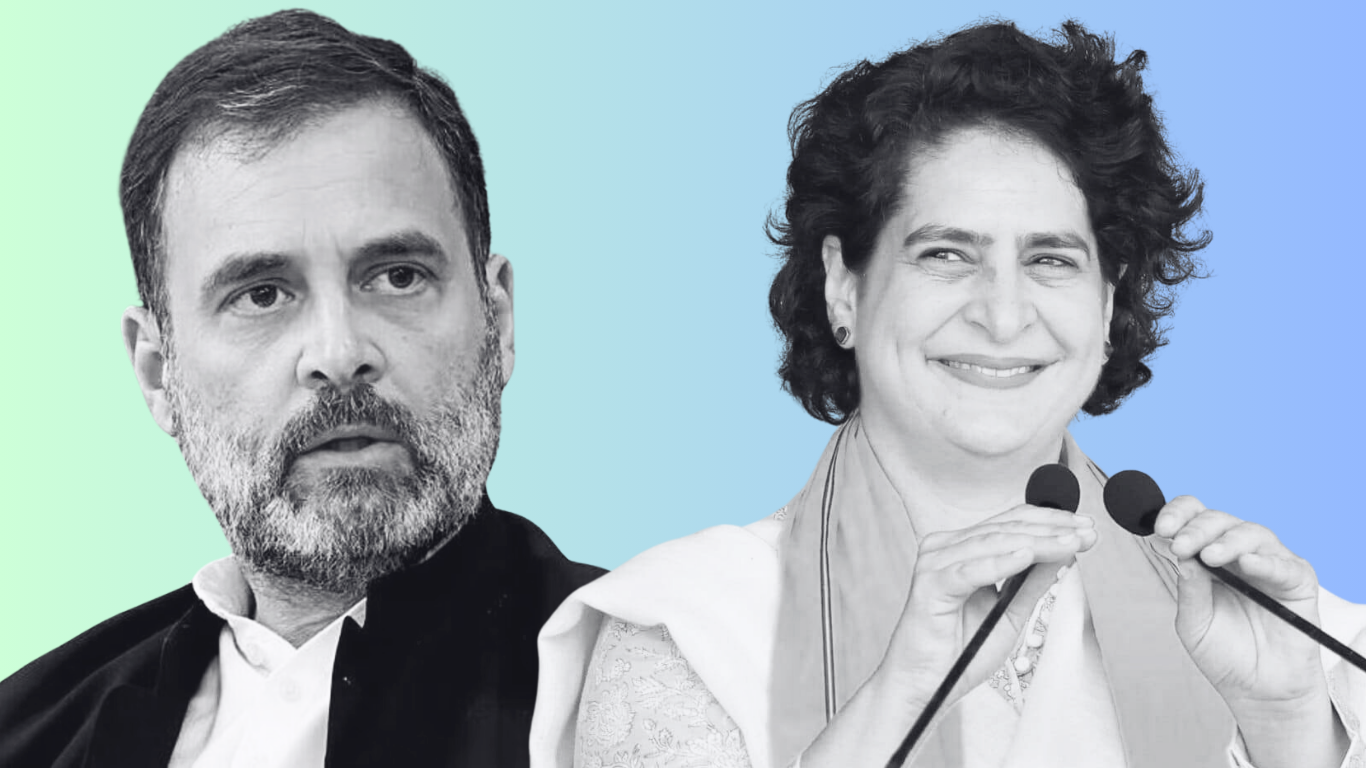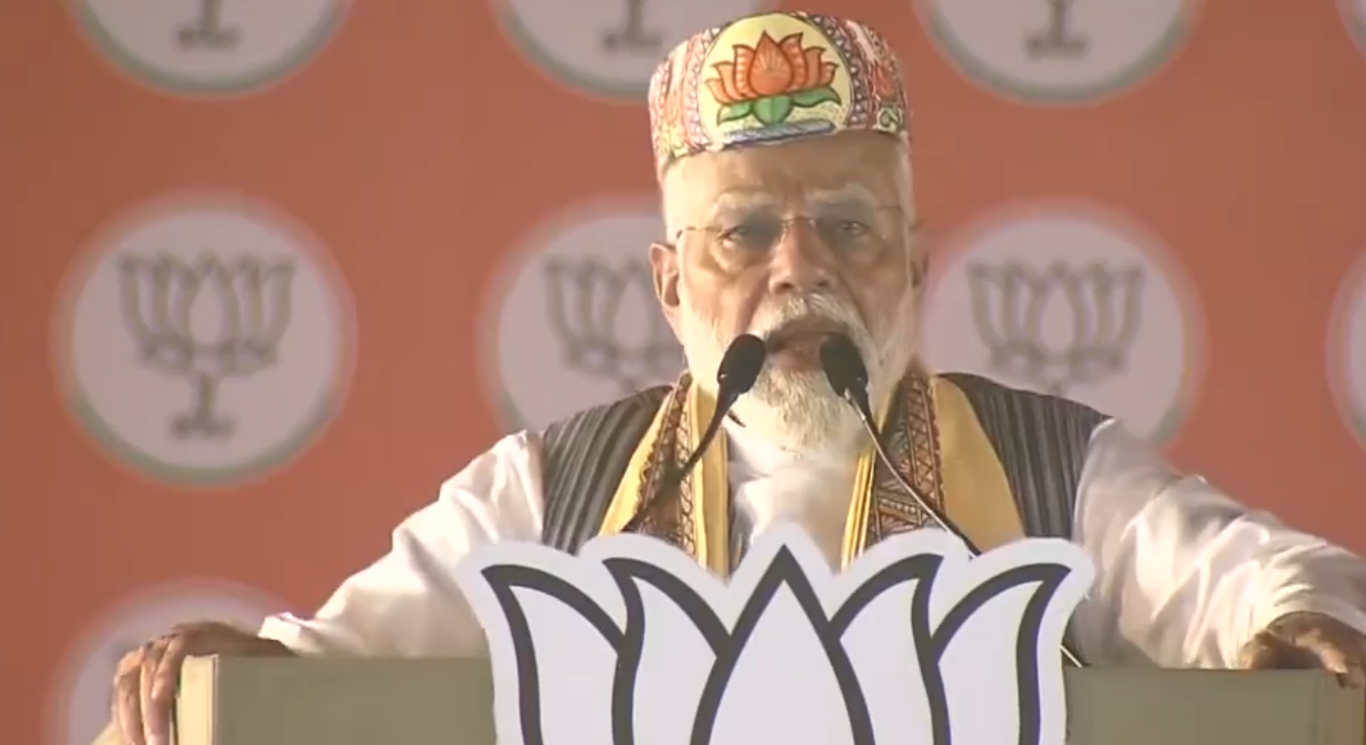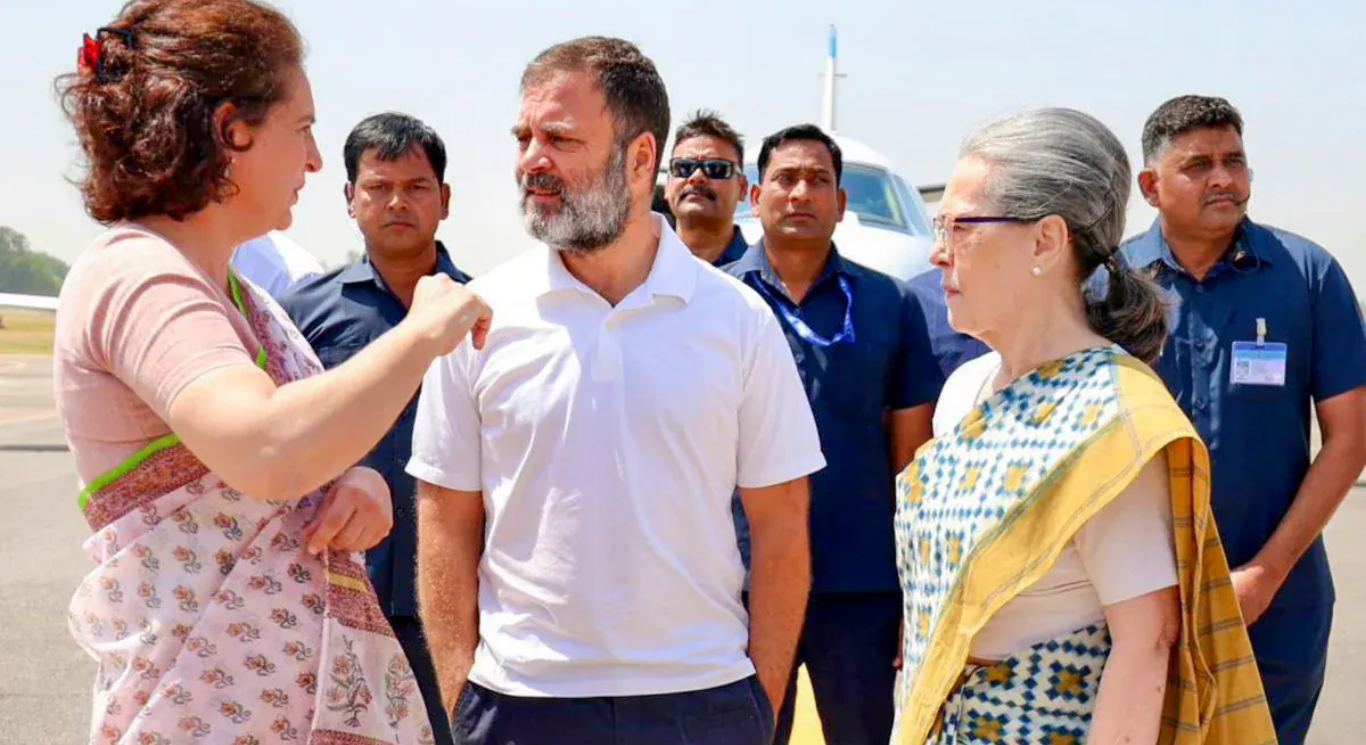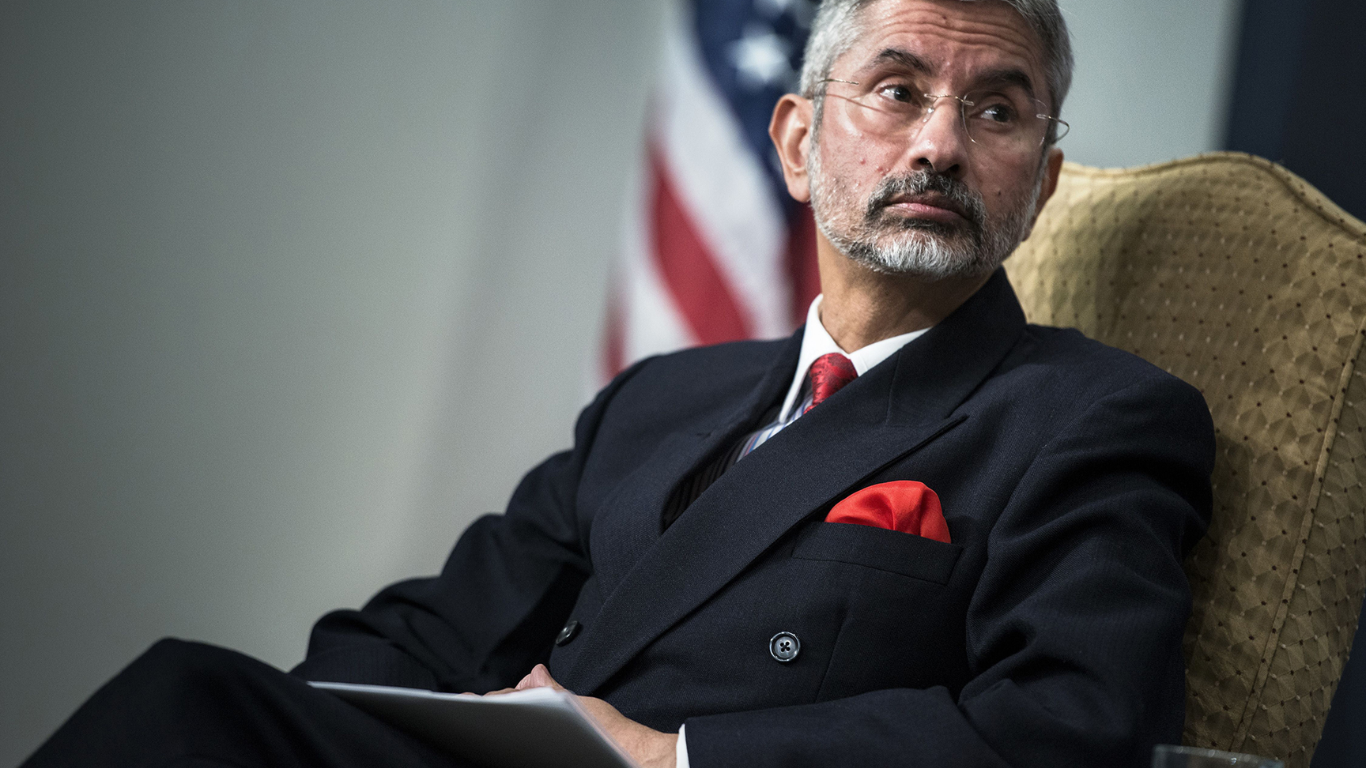


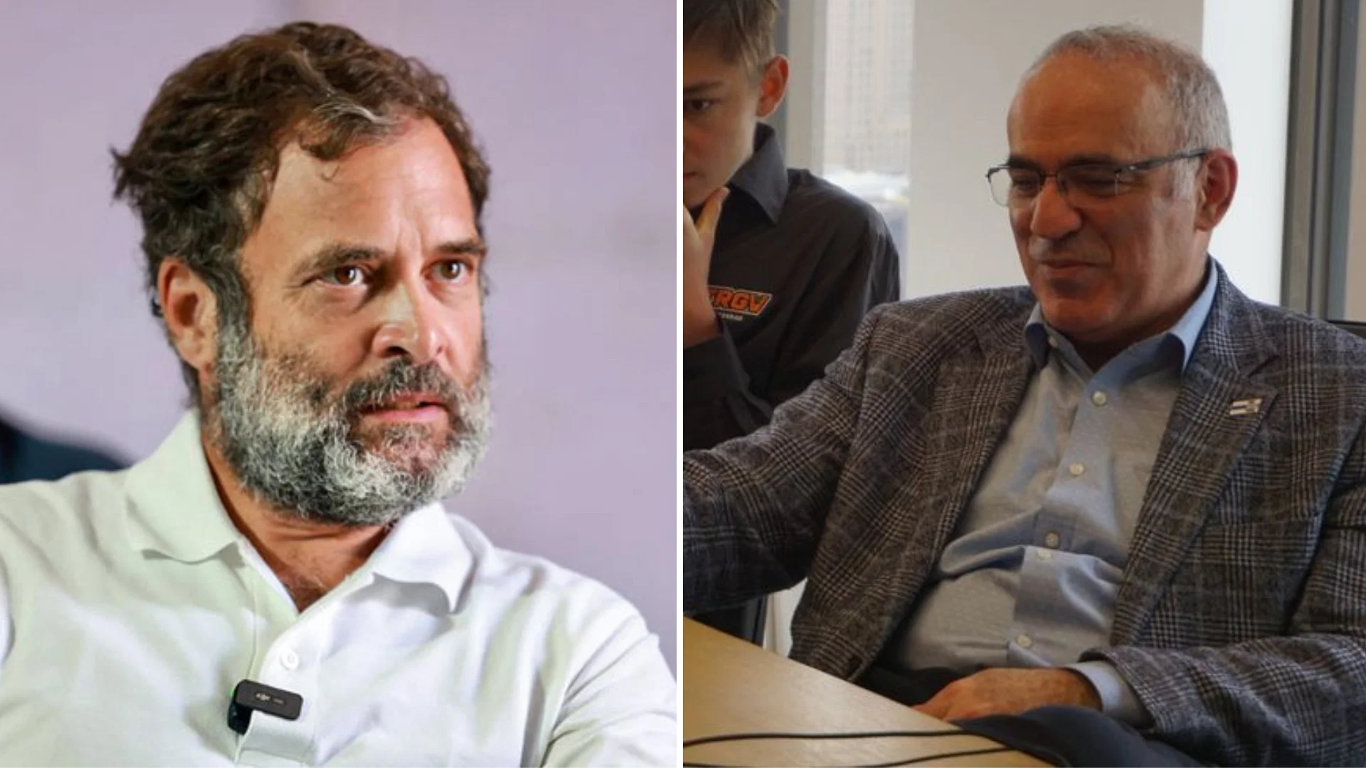
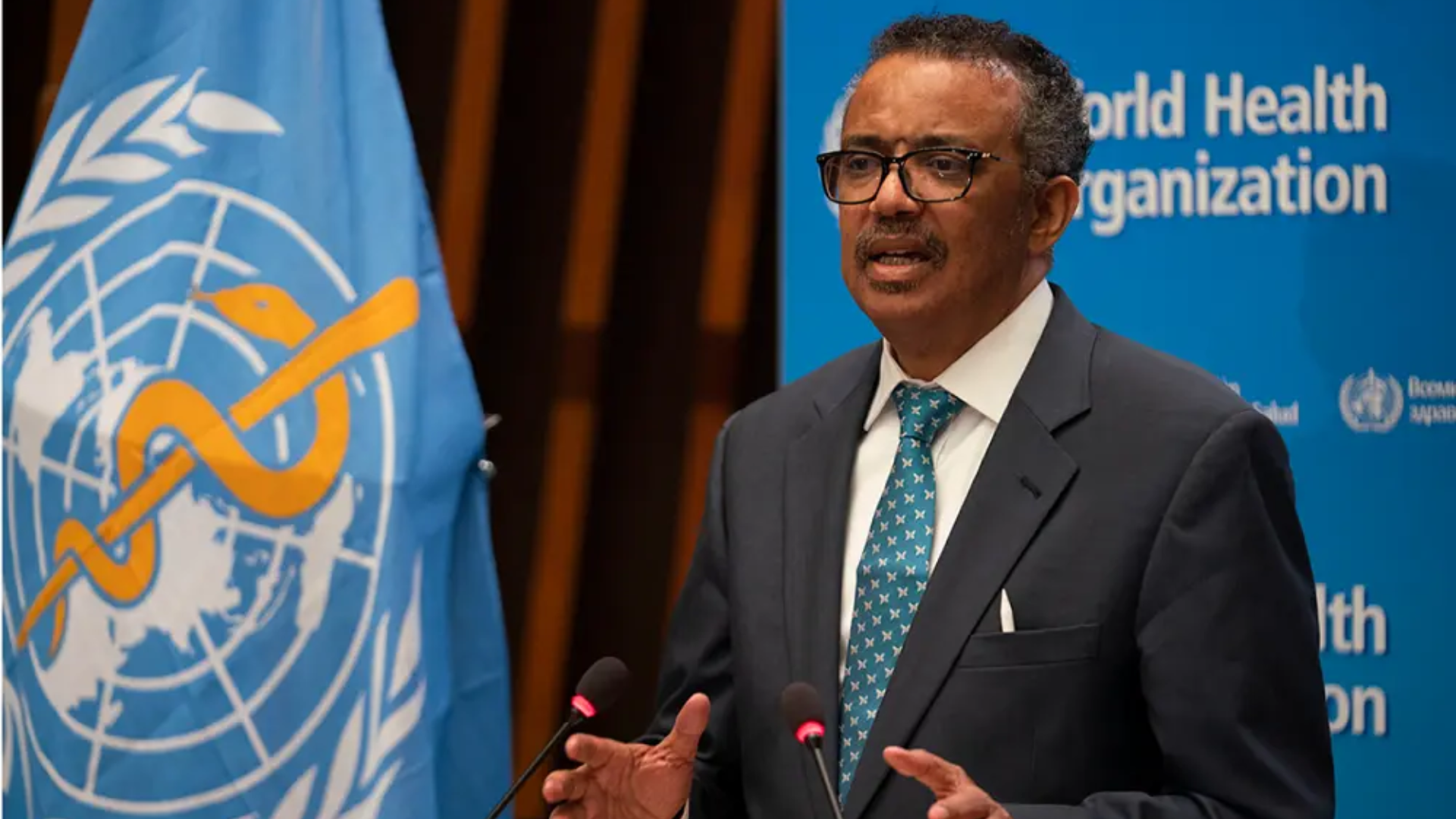
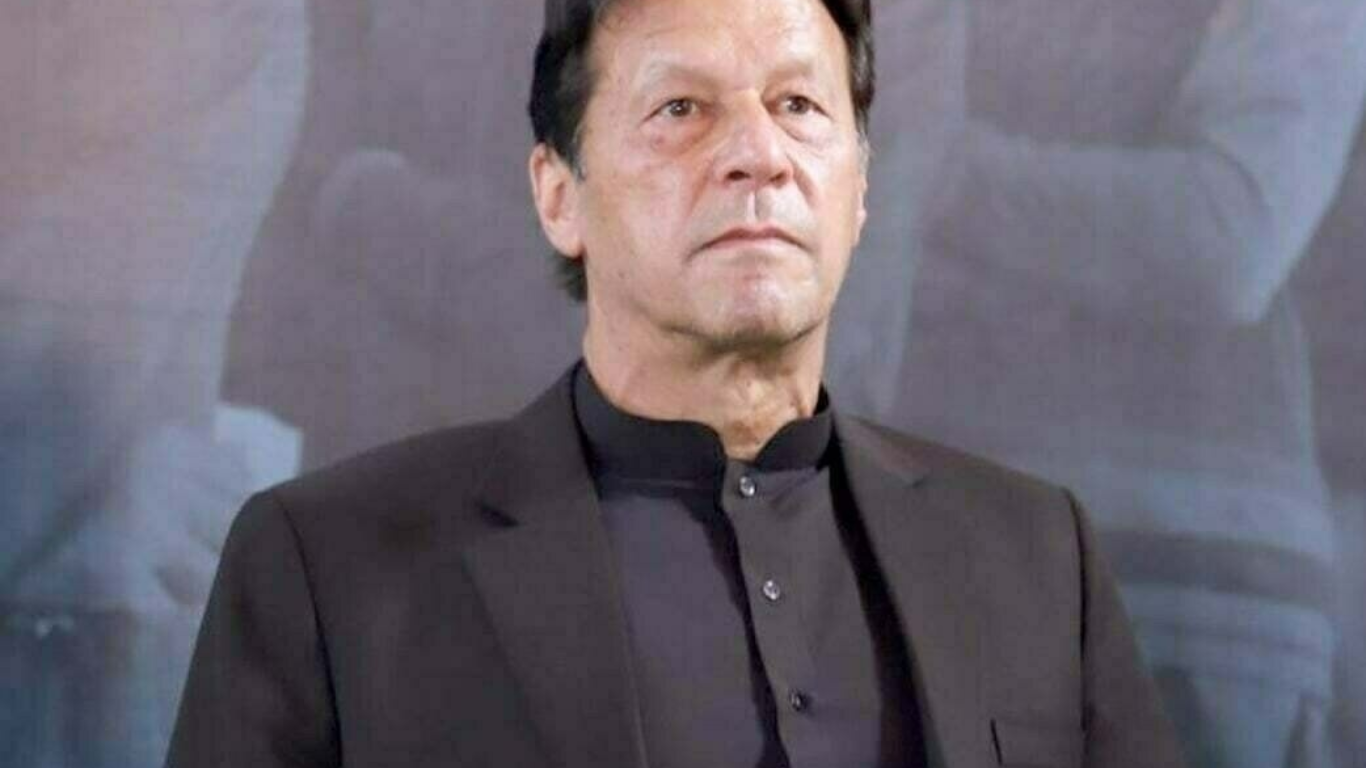
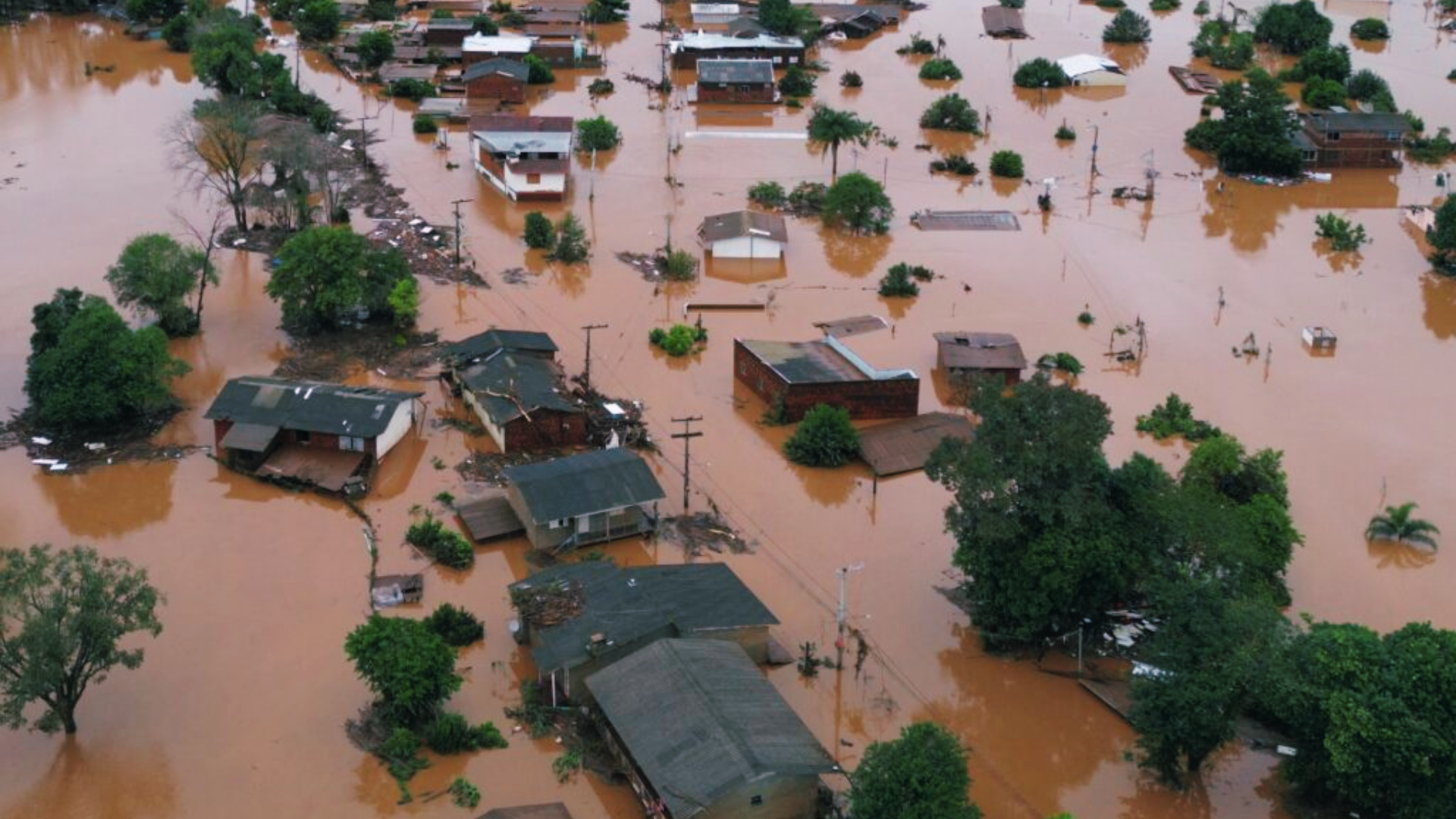
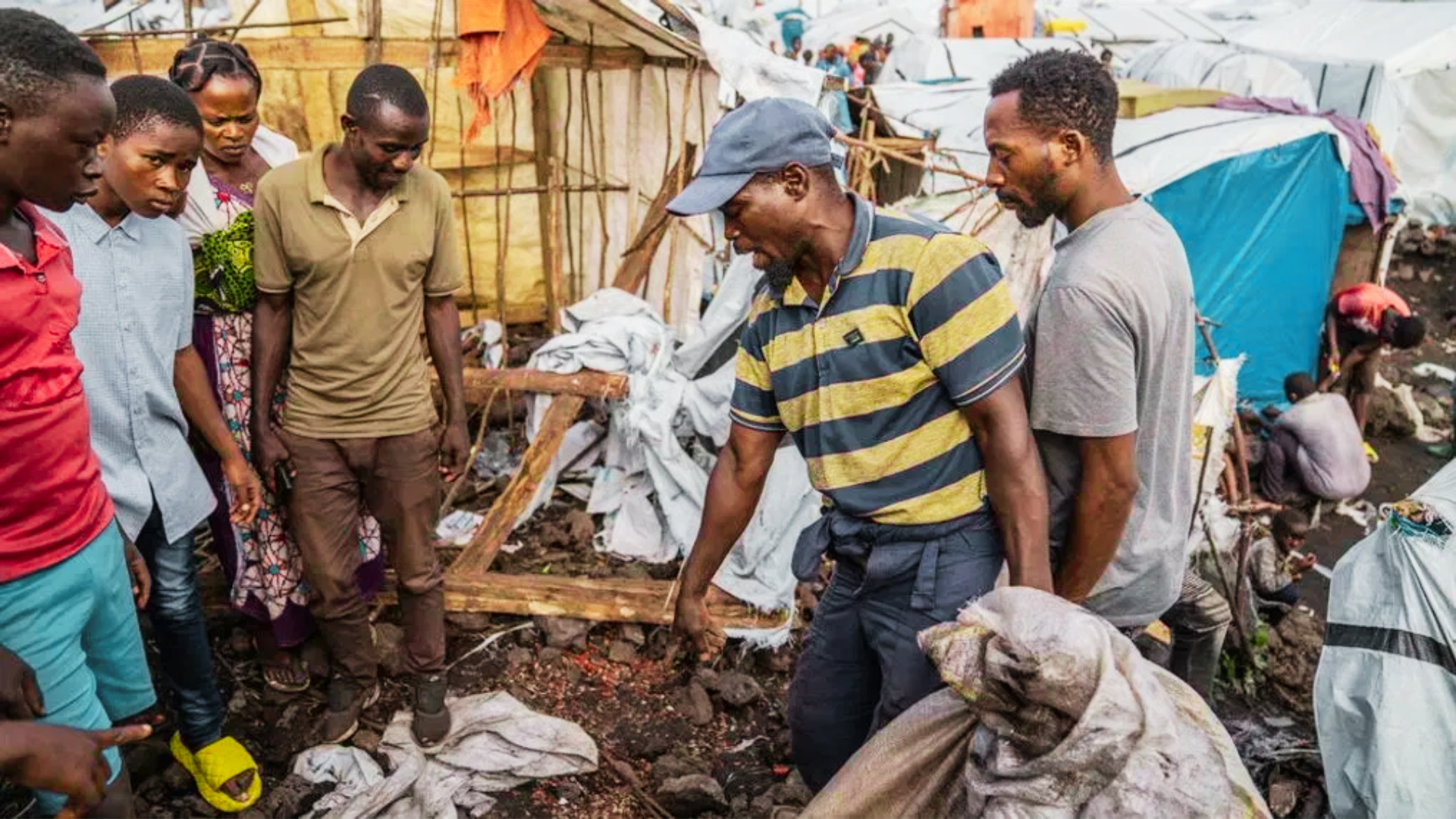

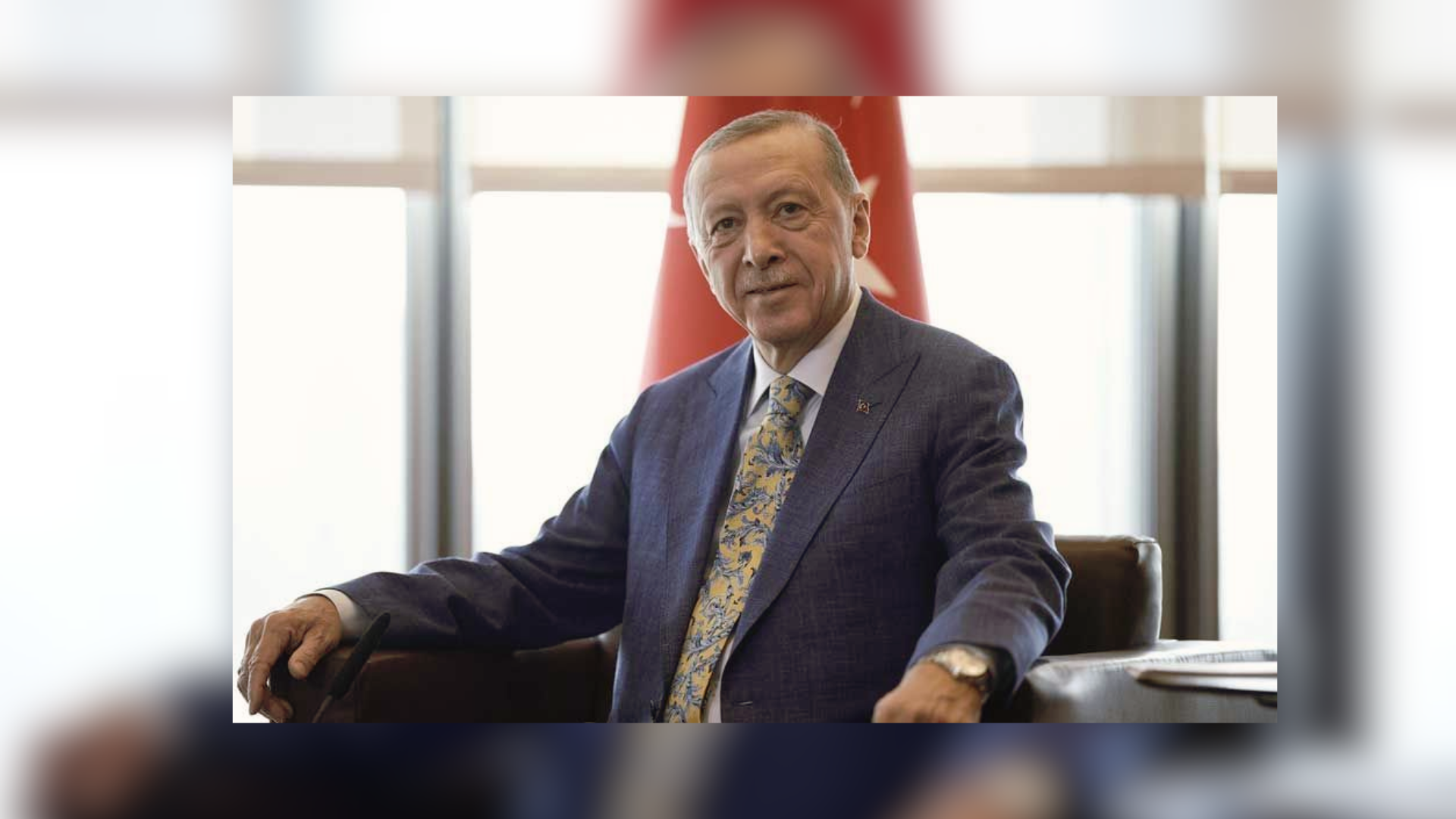
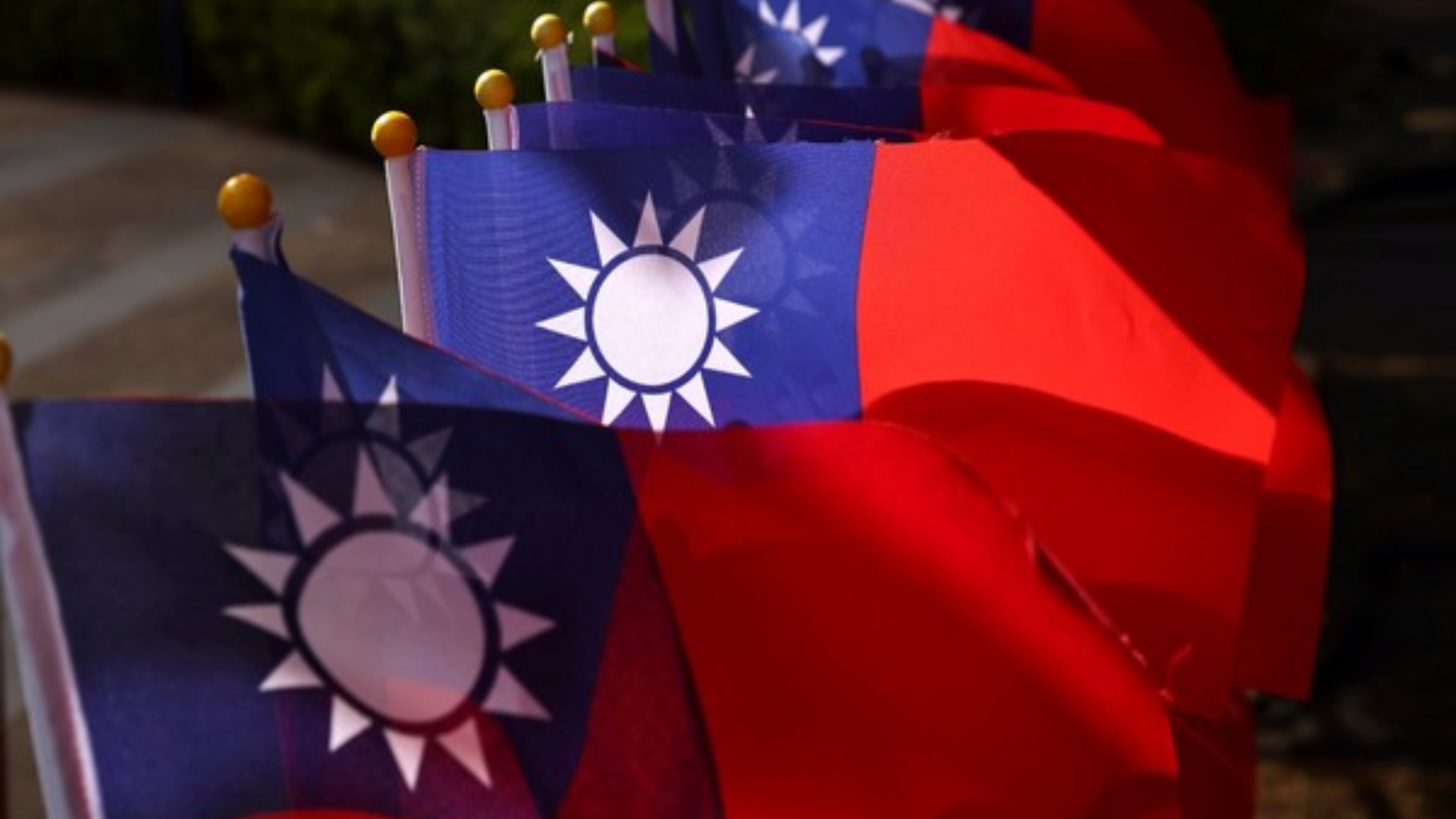
Taiwan commenced its presidential elections, with over nineteen million people, including one million first-time voters, registered to cast their ballots across nearly 18,000 polling stations. The global community closely watches as Taiwan votes for a new President and Parliament amid heightened tensions with China. Over the past eight years, Beijing has increased threats towards Taipei, raising concerns globally. The election takes place under Chinese threats, with President Xi Jinping emphasizing the inevitability of Taiwan’s unification with the mainland, even if by force.
In the presidential election, the largest voting bloc comprises 40-49-year-olds, accounting for 19.88% of the electorate, followed by 50-59-year-olds at 18.06%. Taiwan’s citizens will be selecting a successor to Tsai Ing-wen, the nation’s first female president, who cannot seek re-election due to term limits. The Democratic Progressive Party (DPP), led by Tsai, is viewed unfavorably by China, which considers Taiwan a sovereign nation.
The election features three major candidates: Lai Ching-Te from DPP, Hou Yu-Ih from KMT, and Ko Wen-Je from the TPP. The opposition comprises Kuomintang (KMT) and the Taiwan People’s Party (TPP). Tensions between Taiwan and China have escalated, with President Xi Jinping emphasizing the inevitability of Taiwan’s unification with the mainland, even if by force.
The international community awaits not only the election results but also the response from Taiwan’s ‘authoritarian neighbor.’ The last change of government in 2016 saw Beijing severing most communications with Taipei, escalating economic, diplomatic, and military pressure. The opposition comprises Kuomintang (KMT) and the Taiwan People’s Party (TPP).
All three candidates emphasize maintaining peace and the status quo, but their visions for achieving this goal differ. The election is significant as Taiwan is ruled under KMT-imposed martial law, with its first direct presidential election held only in 1996. China’s ruling Communist Party views Taiwan as part of its territory, despite having never controlled it. The results of the election could impact cross-strait tensions and stability in the region.

